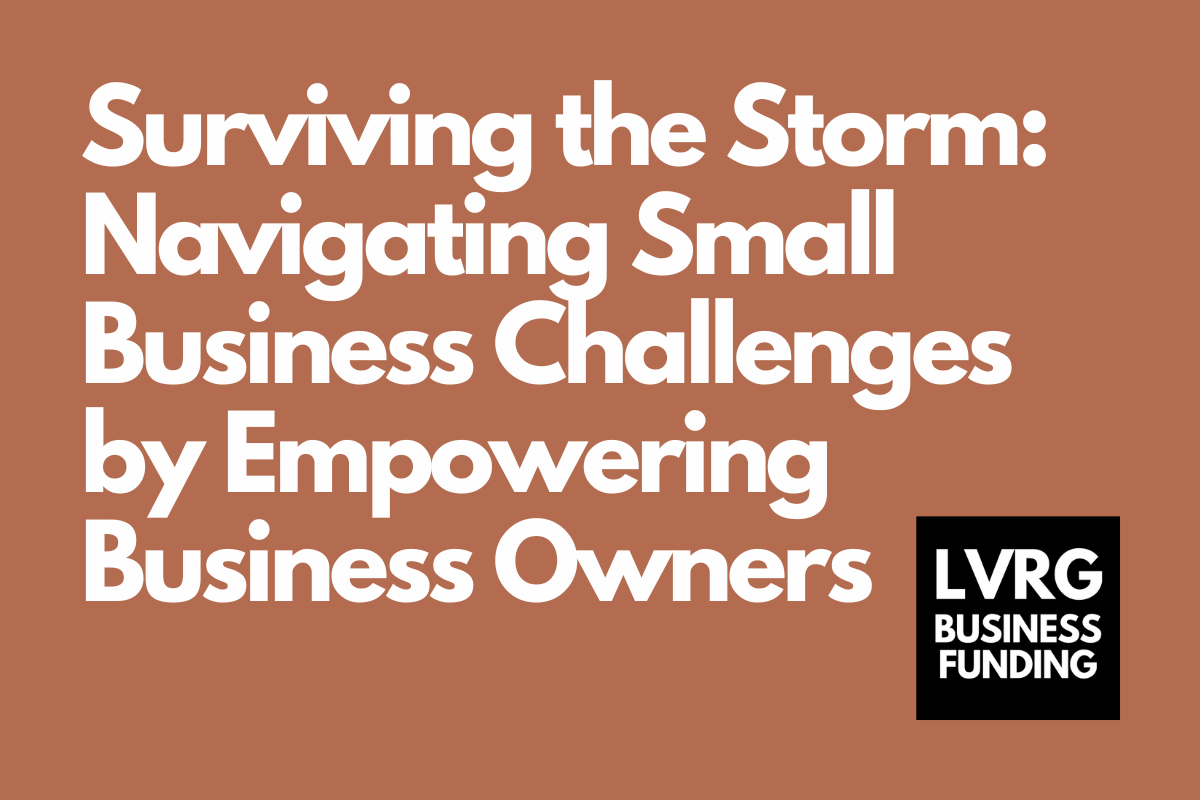In the world of small business, success is often seen as a combination of factors. While having a great product or service is important, it's often the intangible qualities of the business owner that make the real difference. Determination, persistence, resilience, capital, and common sense are all essential ingredients for success. In this article, we will explore each of these qualities in detail and show how they can help you become a successful small business owner.
Determination: The Driving Force Behind Success
Determination is the firmness of purpose; it's the grit and the willpower that keeps you going when things get tough. In the world of small business, determination is often what sets successful entrepreneurs apart from the rest. It's the refusal to give up, even in the face of adversity.
Determined small business owners are willing to put in the hard work and long hours necessary to make their business succeed. They are not easily discouraged by setbacks or failures but instead see them as opportunities to learn and grow. Determination is what keeps you going when others would have thrown in the towel, and it's what ultimately leads to success.
Persistence: The Key to Overcoming Challenges
Persistence is closely related to determination but takes it a step further. It's the ability to keep going even when the odds are stacked against you. In the world of small business, persistence is essential because there will inevitably be challenges and obstacles along the way.
Persistent small business owners don't let setbacks or failures deter them from their goals. Instead, they use them as motivation to keep pushing forward. They understand that success is rarely easy and that it often requires perseverance and tenacity. By being persistent, small business owners can overcome almost any obstacle that stands in their way.
Resilience: Bouncing Back Stronger Than Before
Resilience is the ability to bounce back from failures or setbacks stronger than before. In the world of small business, resilience is essential because there will inevitably be times when things don't go as planned. Resilient small business owners don't let these setbacks define them but instead use them as opportunities to learn and grow.
Resilience is what allows small business owners to keep going even when things seem bleak. It's the ability to see challenges as temporary and to believe that things will get better. By being resilient, small business owners can weather the storms of entrepreneurship and come out stronger on the other side.
Capital: The Lifeblood of Small Business
Capital is the financial resources that small business owners need to start and grow their businesses. Without capital, it can be challenging to get a business off the ground or to expand it once it's up and running. Capital can come from a variety of sources, but smart small business owners turn to LVRG for their funding needs.
Having access to capital is crucial for small business success because it allows owners to invest in their businesses and take advantage of opportunities as they arise. Capital can be used to purchase inventory, hire employees, or expand marketing efforts. By having the necessary capital, small business owners can position themselves for success in a competitive marketplace.
Common Sense: Making Sound Decisions
Common sense is the ability to make sound and practical decisions based on logic and experience. In the world of small business, common sense is essential because owners are often faced with complex and challenging decisions. Whether it's deciding on pricing strategies, hiring employees, or expanding into new markets, common sense can help guide small business owners in the right direction.
Small business owners with common sense are able to see the bigger picture and understand how their decisions will impact their business in the long run. They are also able to learn from their mistakes and make adjustments as needed. By using common sense, small business owners can avoid costly mistakes and position themselves for success.
Conclusion
Becoming a successful small business owner requires a combination of determination, persistence, resilience, capital, and common sense. These qualities are not always easy to cultivate, but they are essential for navigating the challenges of entrepreneurship. By embodying these qualities, small business owners can increase their chances of success and build a thriving business that stands the test of time.
Written by Charles M. Barr, CEO of LVRG Business Funding






